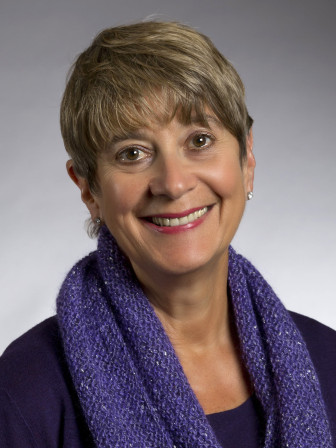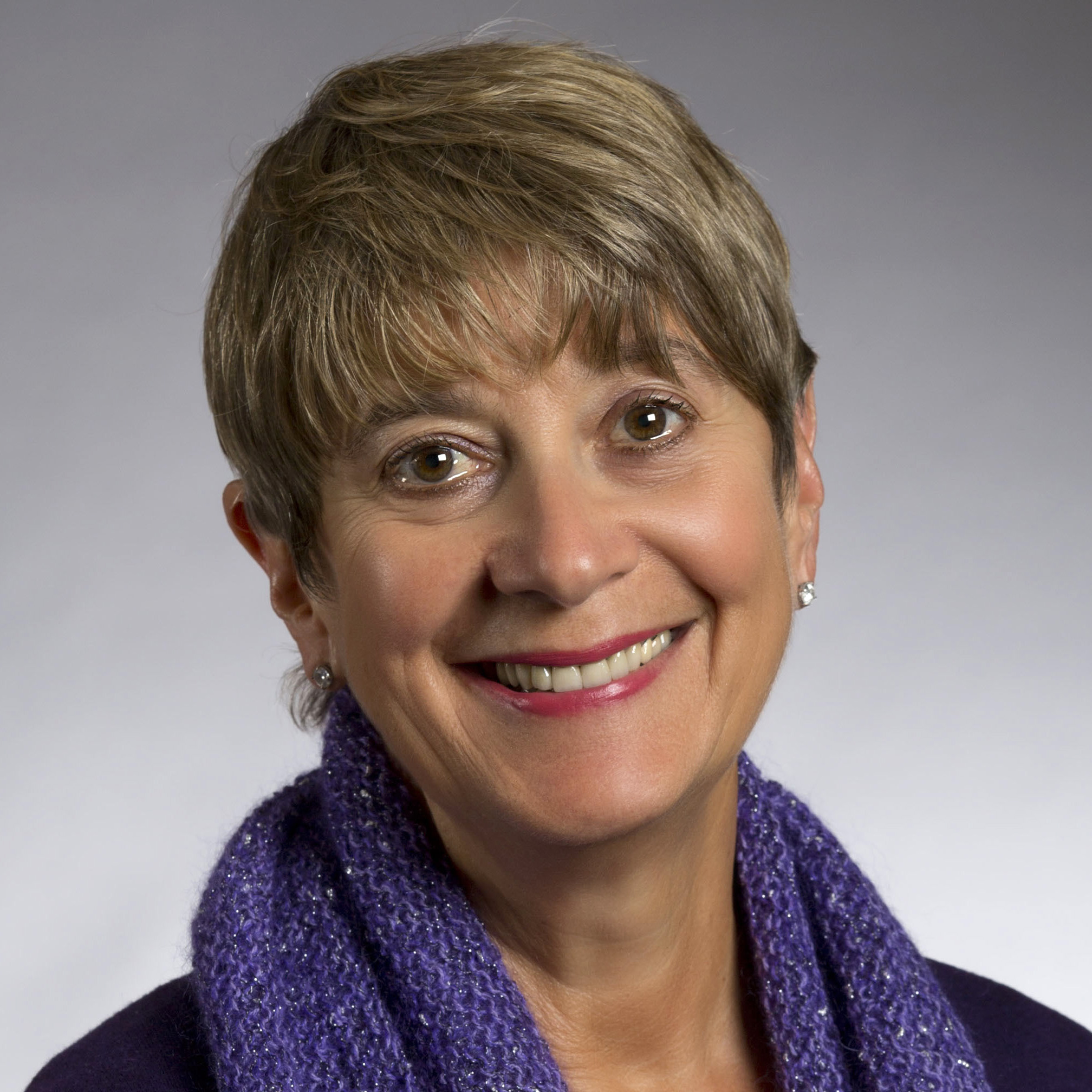 The White House is promoting President Obama’s Building American Skills through Community College proposal by projecting that it could save a full-time community college student an average of $3,800 annually and could benefit up to nine million students.
The White House is promoting President Obama’s Building American Skills through Community College proposal by projecting that it could save a full-time community college student an average of $3,800 annually and could benefit up to nine million students.
There’s been a lot of buzz from my colleagues in the out-of-school time (OST) field about this idea. Many are applauding the proposal and expecting that this could really change the face of after-school and OST — that it could help professionalize the field.
My premise is that this is all well and good, but nothing will change the face of OST unless we change deep-seated systemic problems, such as chronic low wages, limited career pathways, high staff turnover rates and misperceptions about the value of youth work as an important contributor to positive youth outcomes.
I believe that we need to create employment and educational systems that place meaningful value on a degree in youth work. We need to demonstrate publicly, not just across the field, that youth work matters and that higher education and professional development for the OST field should count. At the moment, there are few incentives for OST administrators or staff to pursue a college degree, specialized or not.
An associate’s degree in youth work, like that offered by Palm Beach County Community College in Lake Worth, Fla., as one example, could be the starting point. What if a community college in every state offered such a program? Building on this, giving community college graduates who concentrate in youth development the opportunity to articulate (add their credits) to a four-year degree could even further build our field’s knowledge, improve practices and help professionalize the field.
Further, how can we — as policymakers, advocates, administrators, educators, youth workers and researchers — capitalize on decades of OST impact and President Obama’s proposal? (The proposal would develop field-building systems and educational pathways with core competencies.) Youth workers could have opportunities to work not only in after-school programs but in cultural institutions like museums, science centers and community centers. They could experience greater fulfillment and more financial security.
[module type=”aside” align=”right”] More on out-of-school time at the Youth Today Out-of-School Time Research and Resource Hub.[/module]
More on out-of-school time at the Youth Today Out-of-School Time Research and Resource Hub.[/module]
Too often, outstanding youth workers gain tremendous experience working in programs, learning about child and adolescent development, and creating and implementing quality programs only to leave the field for another profession more publicly valued with better wages and benefits.
At the National Institute on Out-of-School Time, we know from our work with the Afterschool Matters Practitioner Fellowship Program that OST workers desire and thrive on more formalized professional development. We’ve witnessed communities of practitioners from across the country who study effective practices and investigate the structures in which effective practice happens at the level of the program, the activity, the curriculum and the individual.
The end result is the creation of sustainable networks, such as ongoing groups of practitioner-researchers who disseminate and share program improvement strategies through conference presentations, briefing papers, curricula and peer-reviewed articles for professional journals such as the Afterschool Matters journal.
By building certificate and degree programs at the community college level that combine humanities, research, theory and practical experiences to further grow scholarship about OST and youth work, we could advance the status of OST as a field, ensuring that it is a valued part of youth development systems. By creating professional careers for those who serve the millions of children, youth and teens in need of guidance, education and support, we could retain a quality workforce and develop leaders who can focus on skill building for our OST field and those we serve.
Ellen S. Gannett, M.Ed. is director of the National Institute on Out-of-School Time (NIOST) at the Wellesley Centers for Women at Wellesley College where she ensures that research bridges the fields of child care, education and youth development in order to promote programming that addresses the development of the whole child and the professional advancement of the field.






























